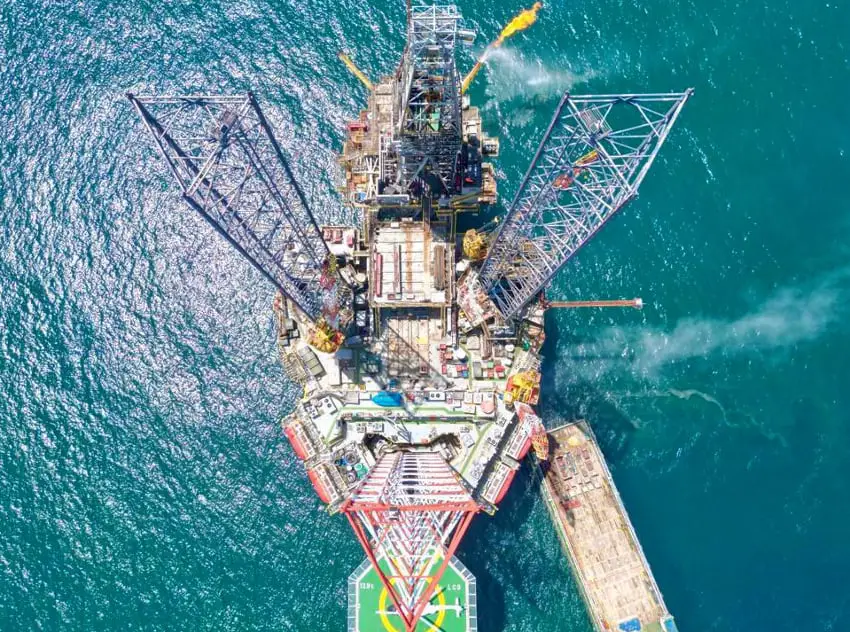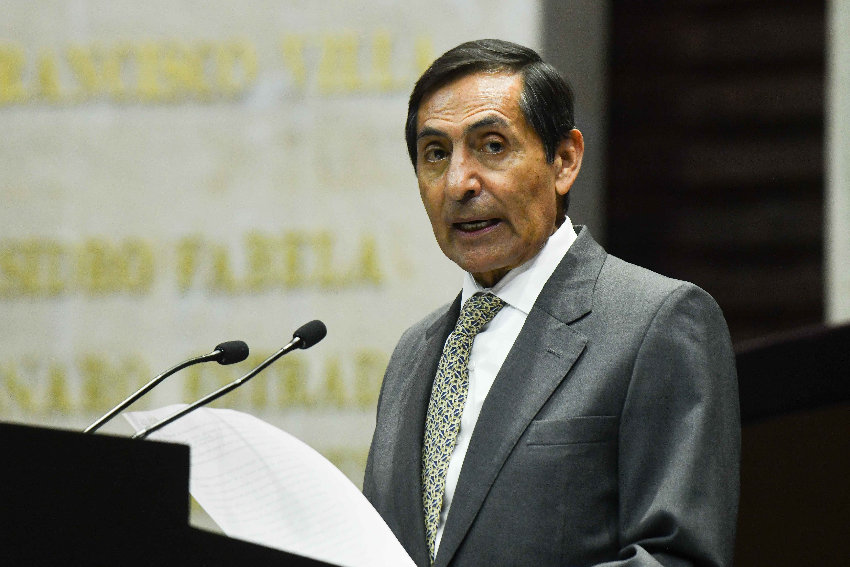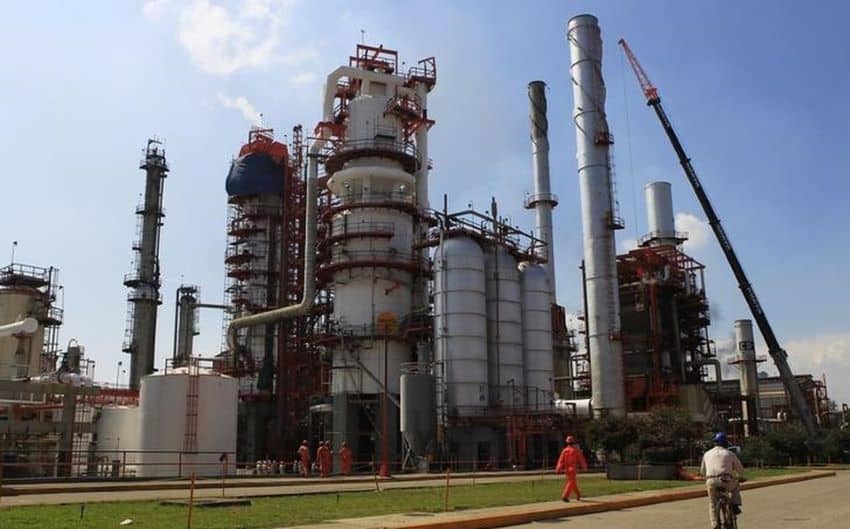Hokchi Energy initiates dispute with Pemex over US $188M debt

Mexico’s state oil company is struggling to pay firms that play a crucial role in allowing it to perform its core functions – extracting and refining crude.
Pemex has failed to pay at least three suppliers and contractors on time this year, one of which has opened a dispute resolution procedure against the state-owned firm, according to documents obtained by the Latinus news website.
Latinus obtained three letters that show that Pemex has outstanding debts to Hokchi Energy, Houston-based oil field service company Baker Hughes and Mexican rail operator Ferromex.
Pemex owes over US $500 million to those companies, Latinus reported.
Hokchi, the Mexican subsidiary of Argentine company Pan American Energy, notified the state oil company on Sept. 14 that it has initiated a dispute resolution procedure due to “lack of payment,” Pemex CEO Octavio Romero told federal Finance Minister Rogelio Ramírez de la O in a letter sent last Monday.
The news agency Reuters reported that the commencement of a dispute resolution procedure is “a first step before potential legal proceedings.”

Hokchi, which supplies oil and gas to Pemex, says it is owed almost $188 million plus interest and financial costs it has incurred. Pemex’s debts to Hokchi, Mexico’s second largest producer of crude oil and gas, correspond to purchases made since February, Romero said.
The Pemex chief requested an “urgent meeting” with Ramírez and his team to review the matter, and said that the situation was becoming more complicated every day. He said that Pemex – the world’s most heavily indebted oil company – wasn’t in a position to pay Hokchi due to its obligation to settle other debts.
Latinus also obtained a letter sent to Romero by Jesús Rosas, the general director of Baker Hughes de México.
The Sept. 13 letter mentioned an “unusual delay” of payments to “different entities” of Baker Hughes. Rosas said the company was currently owed $308 million, “which represents almost five months in delays in payments.”

In another letter sent to Ramírez last Monday, Romero noted that Ferromex had “suspended the service of removal of fuel oil” from Pemex refineries in Tula, Hidalgo, and Salamanca, Guanajuato, due to “lack of payment.”
Pemex’s debt to Ferromex is about 317 million pesos (US $18.45 million), Latinus reported.
Romero warned that the Salamanca refinery may suspend crude processing on Sept. 25 if fuel oil – a byproduct of oil refining – is not going to be taken away by train, a form of transport that has a greater capacity than the “sole alternative” – specialized pipas, or tanker trucks.
If the refinery stops processing crude due to a lack of space to store fuel oil, that situation could lead to a shortage of fuel in the Bajío region, the Pemex chief said, noting that the supply of jet fuel to the Guadalajara airport could even be placed at risk.
The money owed to Hokchi, Baker Hughes and Ferromex is just a small fraction of Pemex’s total debt obligations in the near term. The company had debt obligations of 746.7 billion pesos (US $43.44 billion) at the end of June, the newspaper El Economista reported, noting that the money had to be paid in a period of less than a year.
Of that amount, 231.15 billion pesos (US $13.45 billion) is owed to suppliers and contractors and 516.45 billion (US $30 billion) is classed as other debt.
With reports from Latinus, El Economista and Reuters
Source: Mexico News Daily

